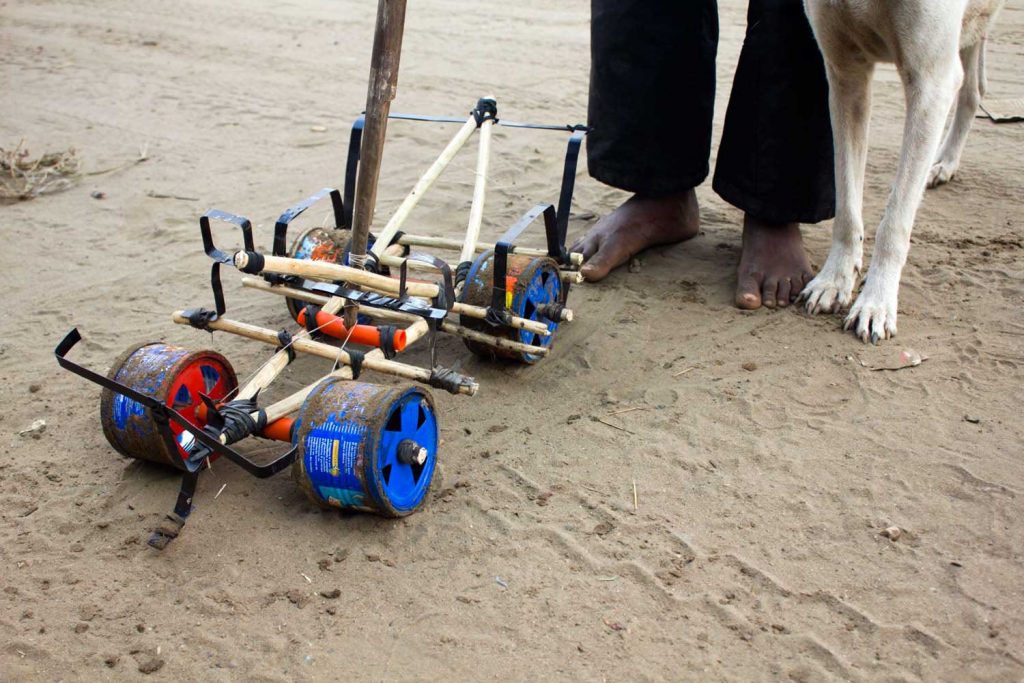Feet & Cars

All images by author.
Growing up in 1980s Congo-Brazzaville there wasn’t a lot of technology going around. Computer games, cellphones and tablets were alien concepts and we spent our days in the streets playing, when we weren’t at school or doing homework. The streets of Pointe Noire were safe; we turned them into soccer fields, racing tracks, a place to test drive our (handmade) cars with friends. It was a lot of fun; we went from being soccer players one day to car or house builders the next. All in the mud and sand. Life was good.
Today is different.
All the cars we built as children are now being bought already made of plastic. Running around with friends all day is replaced by sitting in front of the television to watch cartoons. The soccer games are now played sitting on the couch in front of the computer or a console.
 I now live in South Africa, but go home every winter season to visit my mother, eat Congolese food, and meet childhood friends. I bring my camera along. This year was very special to me. Children who live in the vicinity of my mom’s house in a neighborhood called Fond Tie Tie, gave me a gift: They had designed and made their own cars complete with sound system, red lights or flowers. I was back in my childhood. I was eight years old again.
I now live in South Africa, but go home every winter season to visit my mother, eat Congolese food, and meet childhood friends. I bring my camera along. This year was very special to me. Children who live in the vicinity of my mom’s house in a neighborhood called Fond Tie Tie, gave me a gift: They had designed and made their own cars complete with sound system, red lights or flowers. I was back in my childhood. I was eight years old again.
The children are poor and the cars are usually made of recycled materials such as food cans, old sandals, metals and wood. I was quickly introduced to the community of young car designers. As they got to know me, they showed me the new designs they had created. The “feet & cars” project was born. Amazed by the creativity, designs and joy of life the children exhibited, I started photographing just their feet and the cars.
The world has become a new playground, not quite the same as when I was growing up, however these children really reignited my hope for this new generation as one seldom sees such enthusiasm, joy and creativity in kids these days like I saw this year in Congo. They still live in a world where technology hasn’t robbed them of their creativity and joy in playing.






















